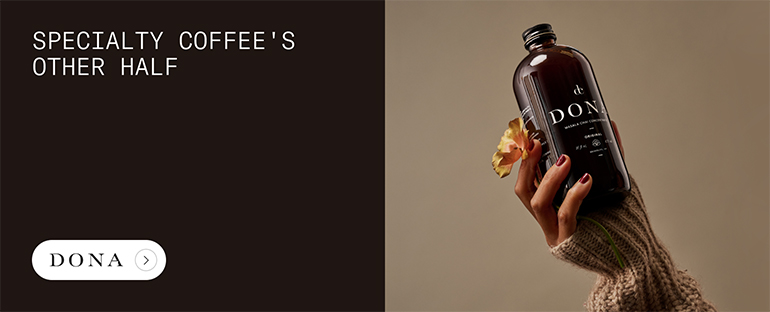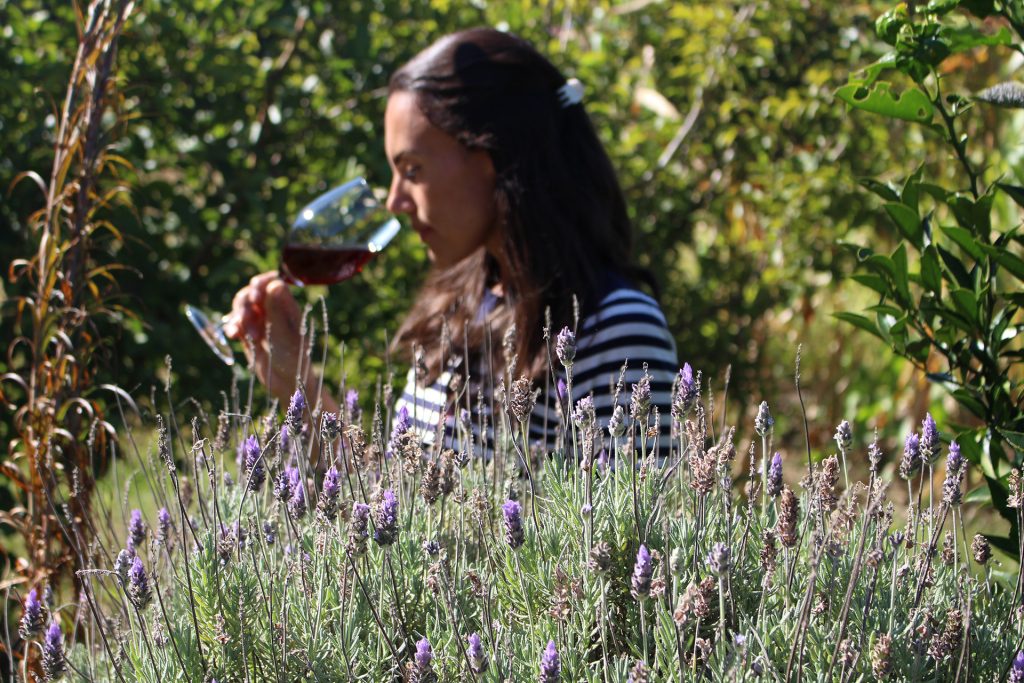
For most Brazilians, great wine has always been a product of foreign countries. It came from far away, during the winter months when the country’s usually-warm climate turned colder. But within the past few years, trade acceleration with its Mercosur partners, Argentina and Chile, flooded Brazil’s national market with wine. With the influx, the perception that great bottles only come from afar is beginning to end. But as it does, the gap between Brazil’s consumers of wine and the legislation that regulate its production is growing.
Today, the majority of Brazil’s wineries are in its south, in the Rio Grande do Sul state’s Serra Gaúcha region. But to understand the context of the legislative gap in Brazil’s natural wine industry, we go to São Paulo. Bruno Bertoli is a sommelier at Bar Capivara—an acclaimed, fresh-fish focused restaurant in the middle of an industrial neighborhood in the city—and owns the newly opened Bar Beverino, whose wine menu is exclusively natural.
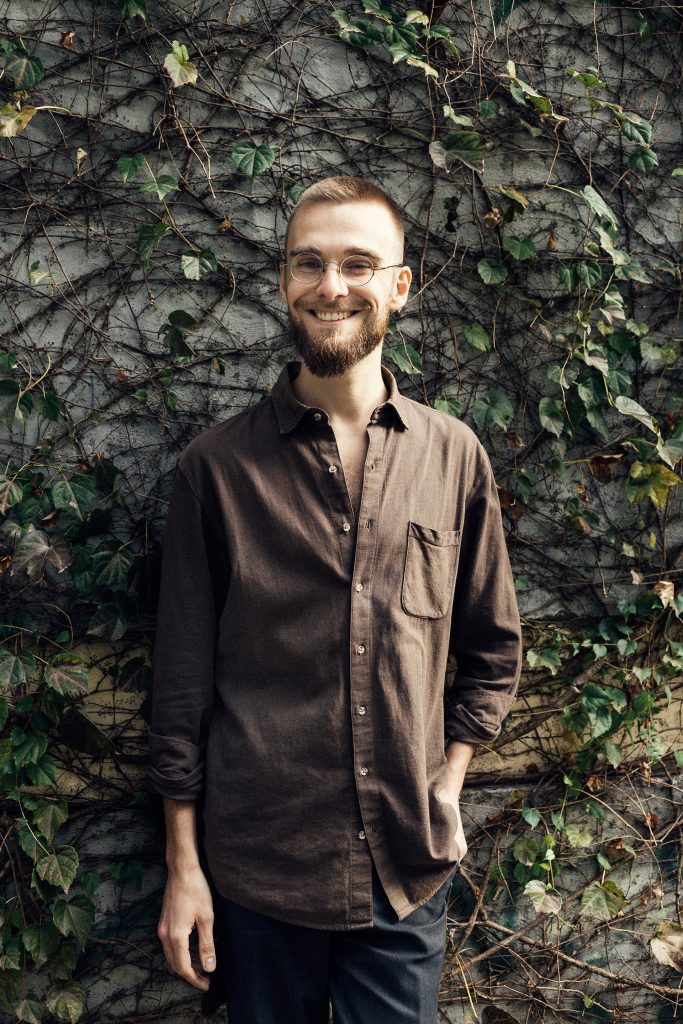
“Precisely because they are natural,” Bertoli says, “these wines were influenced by countless variables, and what you drink here is the result of this holistic composition of taste. It is the expression of terroir and grape, with minimal interference. It’s the real deal.”
At the time Bertoli speaks, he is sitting down, sipping two natural Brazilian wines. Their flavor profiles are unexpected, and his words reinforce the idea that when tasting a natural wine, one has to be open to the unknown. There are no standards or pre-defined flavors here.
Bertoli spent years in Italy working in wine before returning to São Paulo to promote natural wine consumption in Brazil alongside a group of other enthusiasts.
One of the wines he poured today is the Livre Arbítrio, which in English translates to “Free Will,” an orange wine from Vinha Unna. The couple, Marina and Israel Santos, who produce it have been experimenting with biodynamic grapes and wines since 2009.
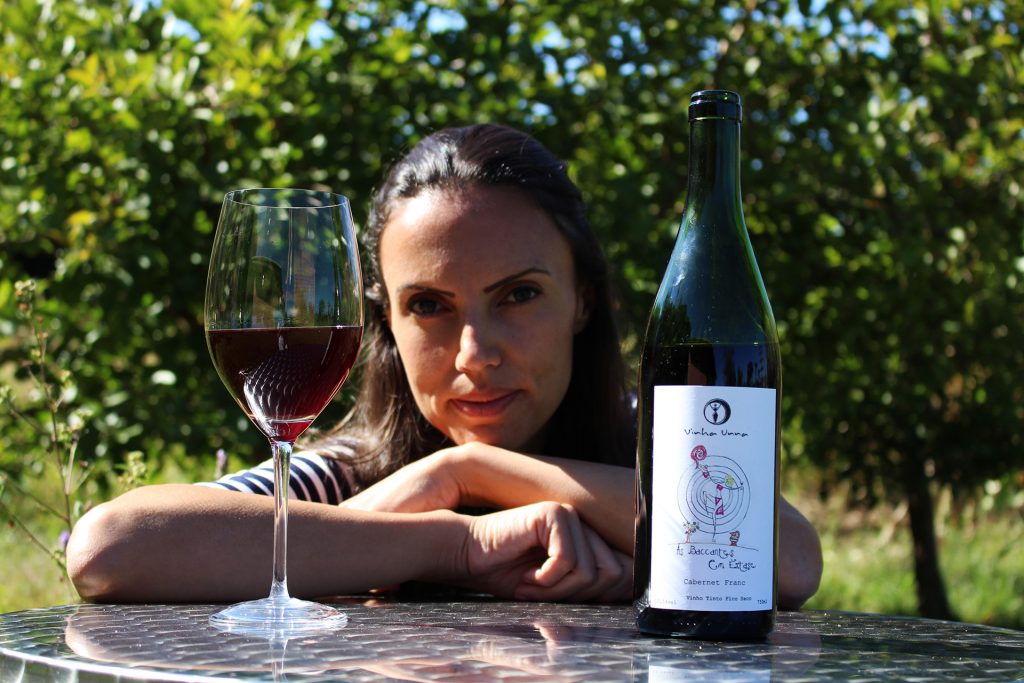
The Serra Gaúcha is a naturally rainy region. To develop a sustainable cultivation model for its terroir, the Santos did extensive research—including interviewing the eldest winemakers in the Serra Gaúcha, some of whom they say may have worked with the region’s oldest grape strains. They also built a Creole seed bank, which is now home to more than 80 native food seeds—its an initiative that aims to preserve the region’s biodiversity and encourage the cultivation of genetically unmodified seeds by local producers.
The second wine Bertoli pours is the Peverella from Era dos Ventos, a wine project from partners Luis Henrique Zanini, Álvaro Escher, and Pedro Hermeto. Peverella is a rare white grape brought to Brazil from Italy by immigrants in the 19th century. Its cultivation was widespread in the Serra Gaúcha region in the beginning of the 20th century, but tapered off over the decades as more modern grape strains gained popularity amongst producers.
The trio behind Era dos Ventos brought back Peverella wines in their most natural form. The grape skins are kept in contact with the mash for a longer period, resulting in a very fresh and intense orange wine that’s unique in the Serra Gaúcha.
The work being done by the Santos’ and the trio at Era dos Ventos is not without its challenges. Legislation certifying the legality of natural wine production does not exist in Brazil, so technically the commercialization of these bottles is illegal.
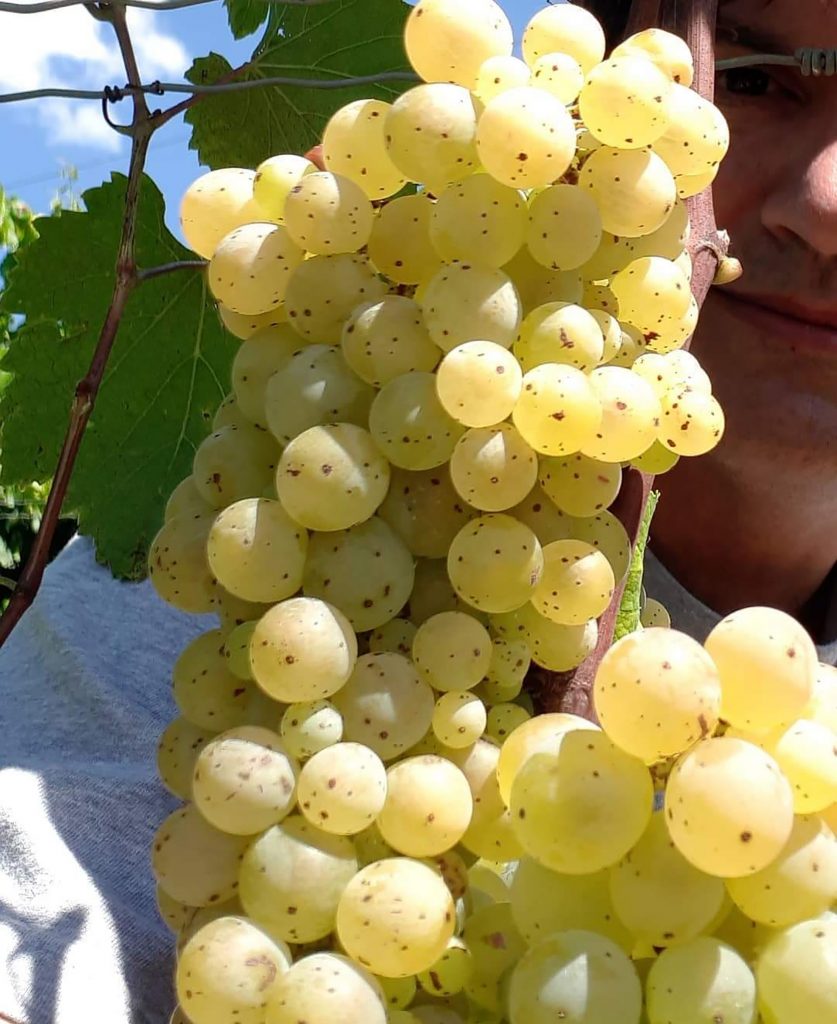
Under Brazilian law, it is forbidden to produce, stock, or to bottle wine or derivatives of grapes and wine without the previous registration of the establishment with the Ministry of Agriculture, Livestock, and Supply. To obtain certification, wineries must follow technical and sanitary standards defined by the Ministry itself. But the existing laws do not recognize processes commonly used by natural winemakers because of their smaller production volumes, giving priority to industrial wineries and farmers who make colonial wine on their farms.
The technical improvements required for small winemakers to be deemed “legal” by the Ministry are often not financially viable. They include invasive building renovations, tributary control system installation, the hiring of a technician and an accountant, among others. These expenses are unjustifiable, if not unimaginable, for producers who will sell, on average, less than 5,000 bottles a year.
In 2014, a Ministry decree defined the activities that constitute colonial—as opposed to industrial—wine production, which sought to regulate the activities of family farmers intending to sell wine. Colonial winemakers, according to the decree, can produce no more than 20,000 liters of wine per year, using at least 70% of their own grapes to do so. This regulation could be of use to natural wine producers, but here’s the catch: colonial wine can only be sold within a producer’s property limits, and only to individuals—selling on the internet or to other companies or resellers is illegal.
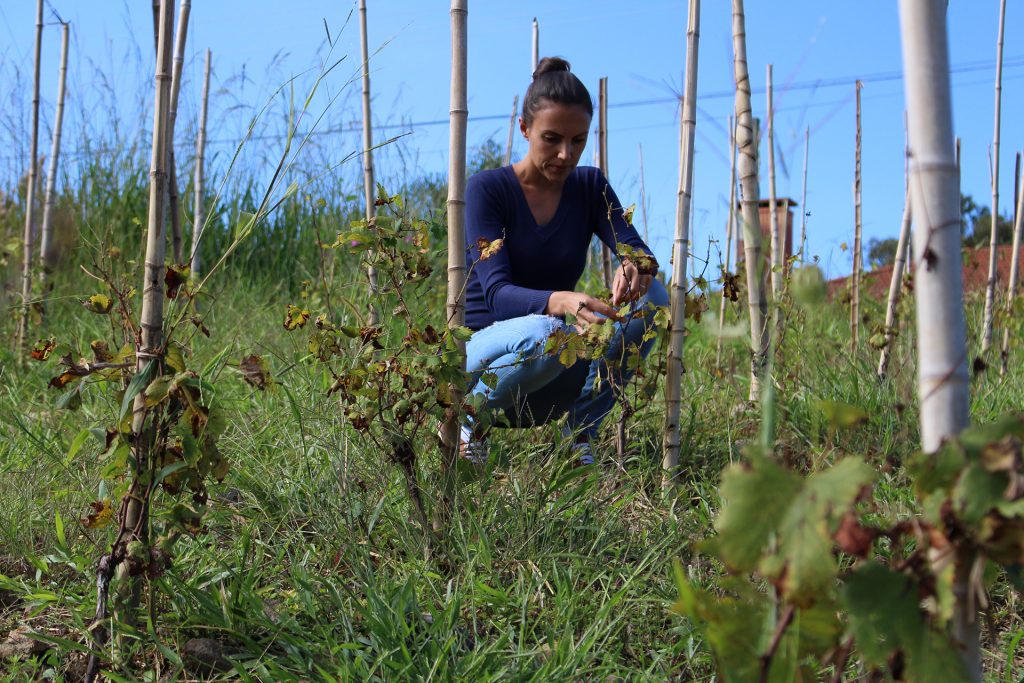
The decree also excludes winemakers who use significant quantities of grapes purchased from third parties, which includes many natural winemakers in Brazil who end up convincing their neighbors to convert to biodynamic cultivation and ultimately buy their grapes. As summarized by Bertoli, Brazil’s current legal framework leaves most of the country’s natural winemakers in legal limbo, only allowing space for industrial producers and effectively non-commercial, family producers.
Natural wines are, as a result, mostly made by experimentalists. These clandestine “garage” winemakers study traditional winemaking methods, and many prefer to remain anonymous. Becoming “too famous” could lead to a call and possible visit from the local Ministry agency, which can end in interdiction.
“They only want to make natural wines,” Bertoli says of the philosophy driving these production radicals. Without intervention, they are making nature manifest in the bottle. For however much public acceptance they’ve found, there’s only so much change the market can incite. Until there are real, inclusive changes made to existing wine legislation, Brazil’s natural wine community will continue to live in fear of a knock at the door, or a technician dropping by in response to an anonymous complaint.
Juliana Ganan is a Brazilian coffee professional and journalist. This is Juliana Ganan’s first feature for Sprudge Wine.













